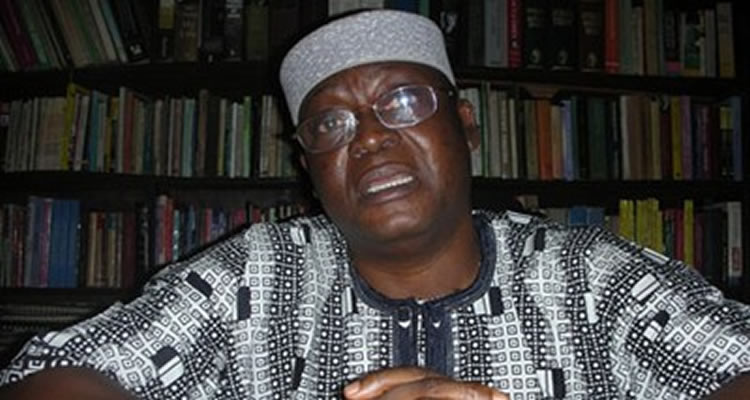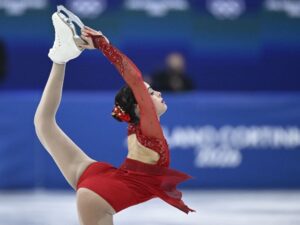
Dayo Adeyeye, national chairman, South West Agenda for Asiwaju 2023 (SWAGA), says the endorsement of the presidential bid of Peter Obi, presidential candidate of Labour Party (LP) by Ayo Adebanjo, leader of Afenifere, a pan-Yoruba socio-political organisation, is his personal decision.
While expressing support for the Labour Party presidential candidate in July, the Afenifere leader said only Obi would govern independently “without the influence of these criminals in the government”.
“It is only Peter Obi that can rule independently without the influence of these criminals in the government. Tinubu will only give continuity to Buhari’s incompetence,” he had said.
Speaking in an interview on Thursday, Adeyeye said Adebanjo’s support for Obi’s presidential ambition does not represent Afenifere’s because the organisation is “not a one-man show”.
“I have respect for Adebanjo. He is my leader in Afenifere. As of today, the leader of Afenifere, for clarity is Reuben Fasoranti,” he said.
“There is no faction in Afenifere. What Fasoranti has merely done was that since he is advanced in age, he appointed someone to act on his behalf in the interim and that person is Ayo Adebanjo.
“If a decision is going to be taken by Afenifere, it is not a one-man show.
“What I read in the papers was a personal decision of Adebanjo and not the opinion of Afenifere,
“Whatever Adebanjo said was not a statement issued at the end of a meeting of the organisation, it was his personal decision.
“It is not a fact that Afenifere is divided or there is faction.
“Ninety-nine per cent of the Afeniferes are behind Tinubu.
“I expect this (election) to be perhaps the most competitive election and one that will be watched more keenly throughout the world because Nigeria is at a crossroads and we must get it right.
“I believe we have that candidate who can turn things around for good for Nigeria.
“I do not see a possible run-off because the bar for you to be declared elected as president is not too high as we have it in some other nations of the world.
“In Nigeria, what you need is to have the majority of the votes and one-quarter of the votes in two-thirds of the states. I think that is easier to secure. We have the network.”








